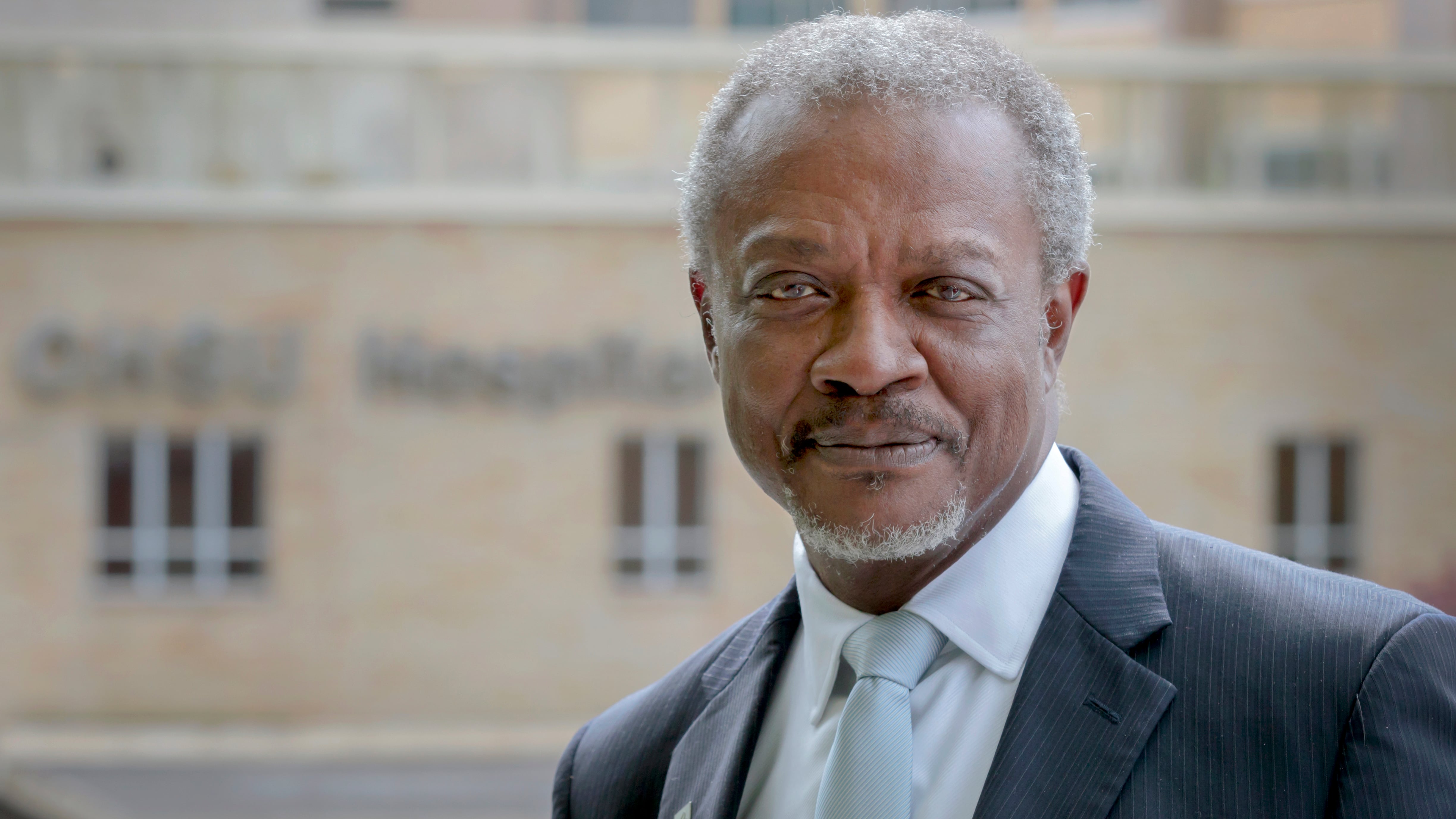Top brass at Oregon Health & Science University won’t get their portion of a $12.5 million bonus package that stirred the ire of unionized workers.
The university’s eight executive vice presidents were going to be among the biggest beneficiaries of the bonuses, which were first reported by WW on Sept. 25. University president Dr. Danny Jacobs granted the bonuses to just 2,000 of the university’s 19,765 workers, most of whom will still receive them.
But two weeks after WW revealed the existence and scale of the bonus package, Jacobs said executive vice presidents would not get their portion, totaling $947,140.
Bonuses for the eight EVPs, one of whom makes more than $1 million a year, were not retracted because of opposition from unions or anyone else, OHSU spokeswoman Sara Hottman said in an email.
“These are not rescinded,” Hottman wrote. “As Dr. Jacobs said when he announced the Presidential Recognition Award, the executive vice presidents’ awards were contingent upon availability of funds after all individual contributors and other UA employees were accounted for. After verifying the pool of qualified UA members, Dr. Jacobs has determined the EVPs are not eligible for these awards.”
“UA” stands for “unclassified administrative.”
The lack of “availability of funds” was first reported by the Portland Business Journal. It comes three days after WW reported that the American Federation of State, County and Municipal Employees, Local 328, which represents some 8,000 OHSU workers, had circulated a petition calling on EVPs to turn down the bonuses. The Oregon Nurses Association joined AFSCME in distributing the petition.
“Budget decisions communicate priorities, and this communicates to us that we are low on OHSU’s priority list,” the petition said. “It overlooks ongoing problems in patient care, many of which can be attributed to employee recruitment and retention issues tied to wages and working conditions. $12.5 million could create numerous new positions to support patient care, or make any number of other tangible improvements in the lives of workers that could improve retention.”
Jen Laverdure, vice president at AFSCME Local 328, said the unions wanted the money distributed to other employees, not just clawed back. “We would like some transparency about what OHSU is planning to do with that money,” Laverdure added. “Our demand was not just ‘don’t give the bonuses’ but to spend it on those that do the work.”
For top earners, the bonuses were to be made as a percentage of base salary. Executive vice presidents were to get the largest payments, at 15.9%, according to a chart of the bonuses obtained by WW. John Hunter, chief executive of OHSU’s health system and one the the highest-paid leaders, makes $1.15 million, which pegged his bonus at $183,000. Lawrence Furnstahl, EVP and chief financial officer, makes a base salary of $954,384. His President’s Recognition Award would have been $151,747.
The bonuses were not based on performance.
The bonus controversy comes at a critical time for OHSU. In August, it signed a letter of intent to acquire Legacy Health, a hospital chain that has struggled to remain profitable in the wake of the pandemic.
Last week, OSHU leaders came under fire for sending out a notice saying that domestic partners would no longer be eligible for health benefits because same-sex marriage has become legal nationwide and “the number of employers providing domestic partner benefits coverage has steadily declined. OHSU benefits will continue to be available to all legal spouses, whether same-sex or opposite-sex.”
Jacobs reversed that decision the same day.
Brian Druker, OHSU’s most famous doctor, weighed in on the domestic partner matter after the fact. The inventor of Gleevec, a drug that revolutionized cancer research, sent an email to some OHSU staff seeking to ease any anxiety that the brief revocation of benefits may have caused.
“First and foremost, I want to apologize to anyone who spent even a minute thinking that a loved one would not have benefits,” Druker wrote in an email obtained by WW. “I am sure that despite the reversal of this decision, the impact and trauma caused by these events is far more serious. It is my strongly held view that this withdrawal of benefits should never have been seriously considered at an institution that prides itself on diversity, equity, inclusion and belonging.”
